By Jacki Post Ashkin, LCSW-C
When Tragedy Strikes at Our Hearts
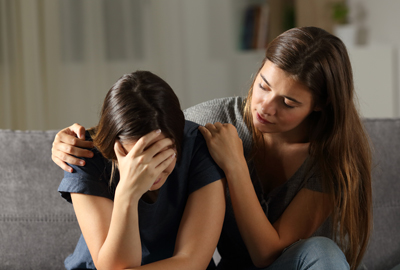
Shabbat shalom. A peaceful Sabbath. Chag Sameach. Happy holiday. Jews in Israel and around the world were sharing these greetings easily and naturally when terror and tragedy shattered what should have been a time of joy. This tragedy struck at the heart of our lives and identities as Jews and left us — individually and collectively — feeling the shock and grief.
Each of us — young and old — is struggling to understand why. Too often of late we have been confronted with the horror of antisemitism and other acts of violence that leave us wondering how people can harbor so much hatred as to feel justified in committing mass murder. Our hearts break for the victims, their families, friends and all of Israel. So many of us have strong ties to Israel — friends and loved ones who have made Aliyah; connections forged through Birthright trips and missions; professional and cultural exchanges with residents of Baltimore’s partner city, Ashkelon.
When violence like this happens, it is difficult to process our thoughts and the flood of emotions. How do we cope with our anxiety and sadness? How do we manage fears about our own safety living or working as part of a Jewish community? How do we talk to our children about what has happened and about hatred that we ourselves cannot fathom?
As we all struggle to answer these questions, professionals at Jewish Community Services offer some guidance.
- Recognize stress reactions. It is natural to experience symptoms associated with a stress reaction, whether immediately after a traumatic event or in the days and weeks to come. The symptoms can be physical, emotional, cognitive or behavioral; in other words, may affect how we feel physically and emotionally and how we think and act. Give yourself permission to feel unsettled and do not self-medicate with alcohol or drugs.
If your stress reactions do not ease over time or are affecting your health, relationships, work or other important activities, consider reaching out to your doctor or a counselor. If you don’t care for your own needs, you will not be able to offer support to your children or anyone else you care about.
- Process your feelings. Tragedies of this magnitude weigh heavily on us and even more so when we feel a connection to what is occurring and when there is no predictable end in sight. It is important that you process whatever it is that you are feeling whether that involves journaling or talking with people you trust or seeking support from a professional, particularly if you find yourself feeling overwhelmed or anxious. Seeking help doesn’t imply you are weak or unstable, it simply means that the event was just too powerful to manage by yourself.
- Limit your access to news and social media. We live in a world where live news is available 24 hours a day on television, news updates are regularly pushed to our phones and news fills the feeds on our social media accounts. It is hard to separate from the news, even when you make a concerted effort. Technology is wonderful in that it keeps us connected and keeps us current, but oversaturation can be harmful. Just as you would limit screen time for your own children, know when it is time for you to take a break.
In fact, there are currently warnings that Hamas plans to release violent, graphic images and video of hostages. Parents are being urged to delete or restrict children’s social media accounts to protect their mental health. Adults, too, should safeguard their well-being by avoiding these images. The Washington Post recently published an article that includes steps to change the settings in many apps to set limits on videos or apply warnings to graphic images.
- Draw upon community. Do not isolate yourself. It is important to remember that though we may each react to the tragedy in our own unique ways, there is strength to be found in sharing our experiences with others who understand. Throughout our community – in synagogues, homes, and organizations, conversations are taking place and giving the space and opportunity for us to lean upon one another during this very difficult time. Talk is healing medicine. Find and use the resources that are available.
- Be present. Acts of this nature serve as a reminder to live our lives to their fullest and cherish each day we have. Do your very best to be present in the moment and not let fear overcome you. Keeping your own routine as regular as possible will help you maintain balance and prevent you from acting out of fear. This is not the time to make big life changes or decisions. Mindfulness techniques can be helpful tools for calming and grounding us.
- Take action. When we feel helpless and vulnerable, finding something to do can help us regain some sense of control. Taking action is personal and does not look the same for everyone, and even small steps can make a difference. For some, it may involve advocacy, or organizing community conversations, or it may mean making a donation to campaigns like The Associated’s Emergency Fund for Israel at War to provide victims of the war with humanitarian services and support.
If you are looking for guidance on ways to talk to your children about what is happening, JCS has published blogs in the aftermath of other violent incidents that you may find helpful.
May we never become desensitized to such tragedy. May we never accept it as normal. We must care for ourselves, each other, and people we may never even meet. Then we ask ourselves, what else can I do?
Am Yisrael Chai.
#BaltimoreStandsWithIsrael

Jacki Post Ashkin, LCSW-C, is Director of Community Connections at Jewish Community Services.
Jewish Community Services (JCS) provides programs and services for people of all ages and backgrounds, helping them achieve their goals, enhance their wellbeing, and maximize their independence. To learn more, visit jcsbalt.org or 410-466-9200.
Subscribe to our newsletter
The Associated is a home for everyone in the Baltimore Jewish community. We offer several email lists to help people find a community, engage with their peers and support Jewish journeys around the world.
Join Our Mailing ListAdd Impact to Your Inbox
Sign up for our newsletter
Subscribe to our newsletter
The Associated is a home for everyone in the Baltimore Jewish community. We offer several email lists to help people find a community, engage with their peers and support Jewish journeys around the world.
Join Our Mailing List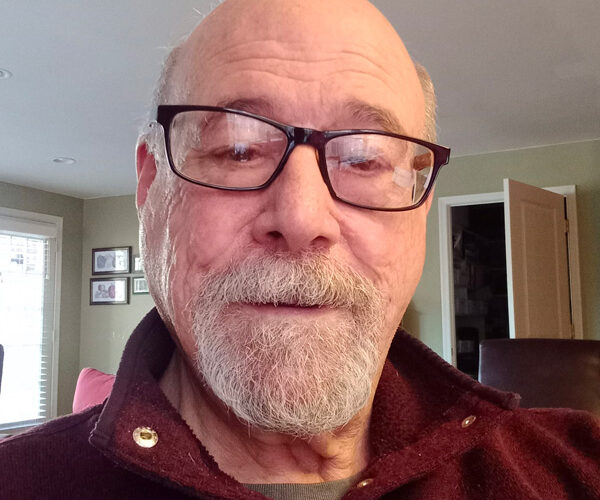
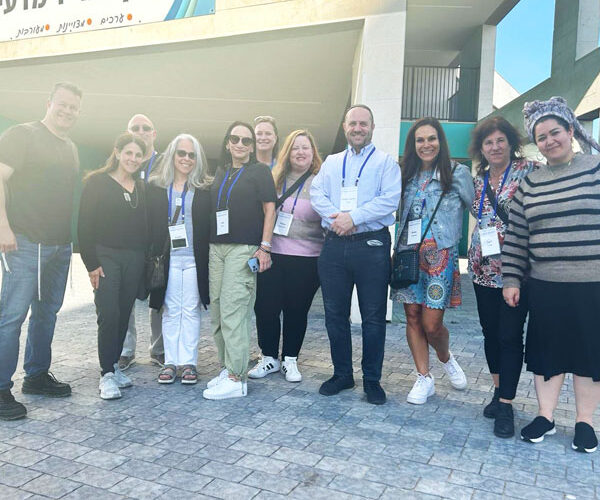
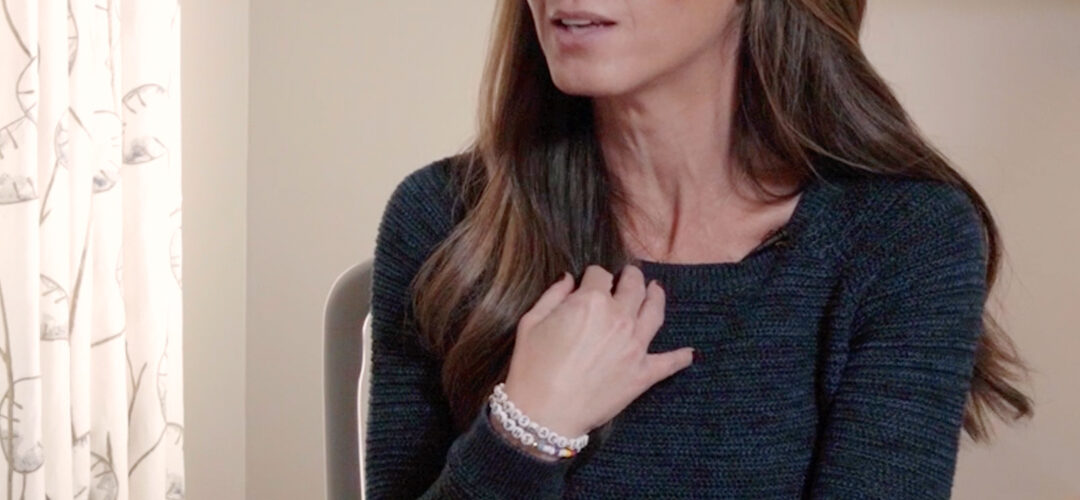
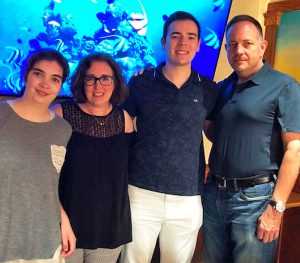
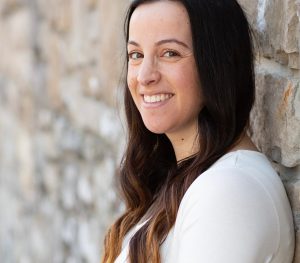
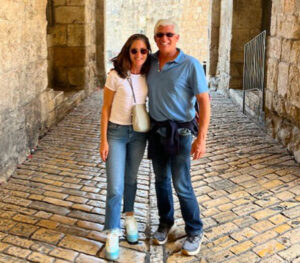


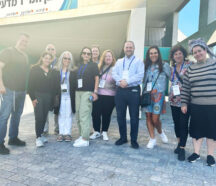
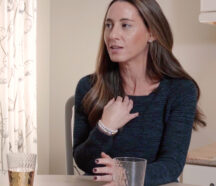
 Please Wait while we loading your video.
Please Wait while we loading your video.